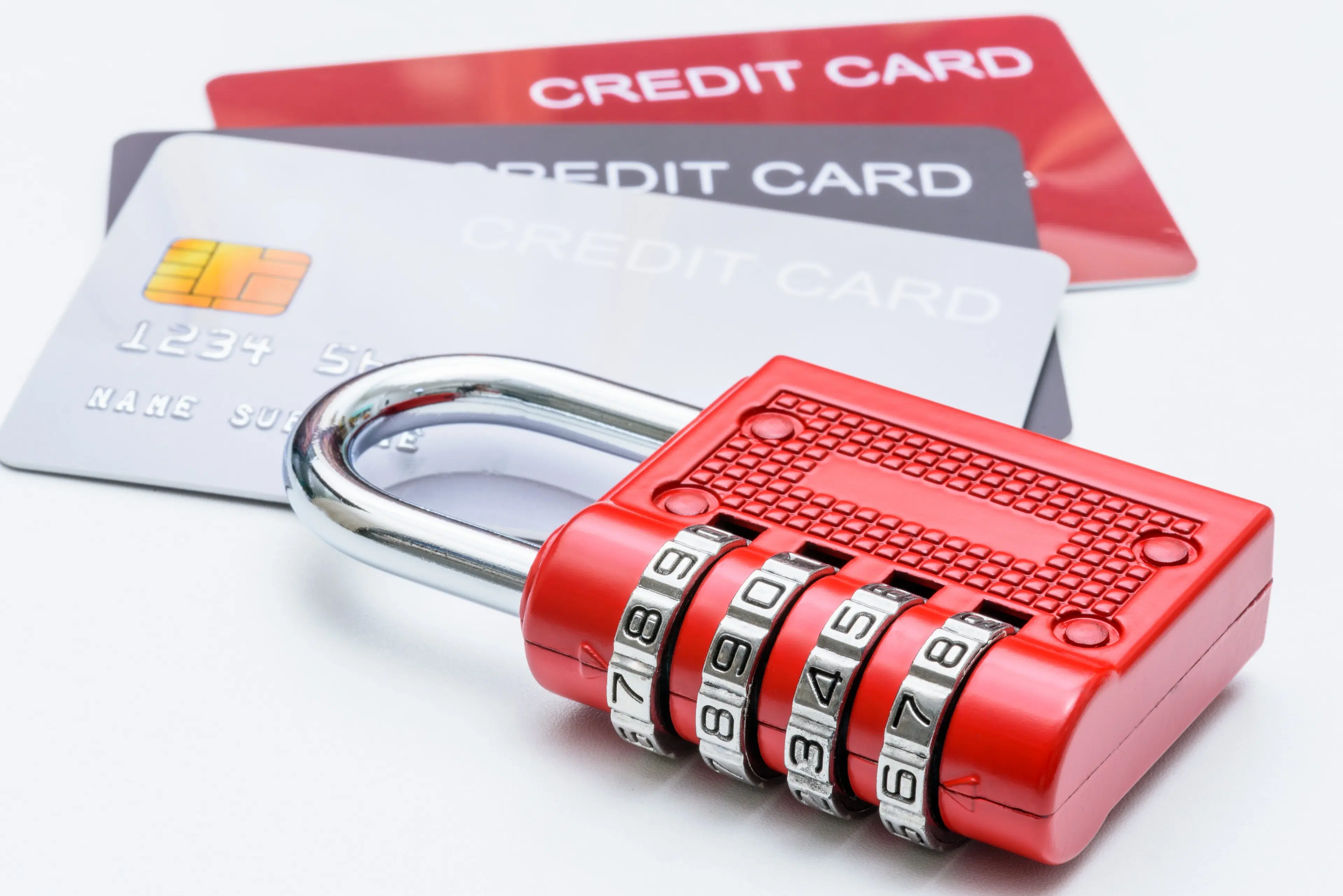
Cards
•04 min read
-ed507771-df04-4fb3-9af5-bae11cb611a6.png&w=3840&q=75)
Credit card fraud is a serious threat in today’s digital world. With an increasing number of transactions happening online, understanding how fraudsters operate and knowing how to protect yourself is essential. Leveraging the advanced security features of the Tata Neu HDFC Bank Credit Card can further enhance your financial safety.
Credit card fraud occurs when someone sneaks a peek at your card details and uses them without your say-so to make purchases or withdraw funds. Fraudsters can affect individuals and financial institutions, causing financial losses and disrupting trust in digital transactions. The growing use of technology has given rise to more sophisticated fraud techniques, making it important for every cardholder to stay alert.
Several methods are used by fraudsters to commit credit card fraud. One method is Card-Not-Present (CNP) Fraud, where stolen card information is used for online purchases without a physical card. Skimming is another popular technique that involves the use of devices to copy data from the magnetic strip of your card. Phishing involves deceptive emails or texts that trick you into sharing sensitive information. Fraudsters may also engage in Account Takeover, where they impersonate the cardholder to commandeer the account, and Application Fraud, where someone uses stolen personal details to open new credit card accounts.
There have been numerous cases of fraud, where attackers stole card details through phishing emails and used them for multiple online transactions. In some instances, fraudsters used skimmed data from ATM machines to make unauthorized cash withdrawals. Such incidents teach us the importance of vigilance and regular monitoring of our financial statements.
Now, let’s walk through the typical steps fraudsters follow, helping us understand how these incidents occur. Fraudsters typically follow a series of steps to execute credit card fraud. Initially, they obtain your card details by hacking, skimming, or through phishing attempts. Once the data is compromised, the stolen information often finds its way into underground markets, where it is sold among criminals. Next, small transactions are made to verify that the compromised card works. Finally, fraudsters use the verified card data for larger purchases or cash advances, leading to financial losses.
There are several vulnerabilities that can be taken advantage of by fraudsters. Weak passwords, unsecured Wi-Fi networks, and outdated security protocols can all provide an opening. Often, simple human errors, such as sharing sensitive details or falling prey to phishing scams, lead to these vulnerabilities being exploited.

Use strong, unique passwords for all your financial and shopping accounts. It is ideal to avoid public Wi-Fi when accessing services that require your credit card details. Activating two-factor authentication (2FA) further strengthens your security profile. Also, ensure that any software or apps you use are updated regularly to prevent exploitation of known vulnerabilities.
Always store your credit card in a safe place and avoid lending it to anyone. Consider using an RFID-blocking wallet to protect against unauthorized scanning of contactless cards. Moreover, be cautious when signing receipts and ensure that your card details remain private in public places.
Regular monitoring of your transactions is key to identifying any unusual activities. Set up transaction alerts through your banking app to receive real-time notifications. Additionally, frequently checking your monthly statements helps you spot any discrepancies early on. Keeping an eye on your credit report is a good practice to swiftly detect identity theft or fraudulent actions.
If you suspect that your card has been compromised, block it immediately using your bank’s customer service or mobile app. Promptly report any unauthorized transactions to your card provider and collect all relevant documentation. In serious cases, do not hesitate to file a police complaint to ensure the issue is thoroughly investigated.
If you encounter fraudulent charges, you should file a complaint with your credit card provider and with the local police. Cybercrime cells play a significant role in investigating these crimes, ensuring that those engaged in this activity are brought to justice.
Under Indian law, individuals involved in credit card fraud can face severe punishments such as imprisonment or fines. Laws like Section 420 of the Indian Penal Code target fraudulent practices, highlighting the importance of reporting fraud and acting quickly to minimize losses.
Your consumer rights act as a shield against fraud. Many card providers have zero-liability policies for unauthorized transactions, and guidelines set by regulatory bodies help ensure that you are not unfairly burdened in such instances.

Emerging technologies such as artificial intelligence and machine learning are playing a crucial role in fraud detection. Innovations like biometric authentication and tokenization are becoming integral in keeping transactions secure. These technologies are constantly evolving to stay one step ahead of fraudsters.
It is essential to stay informed about the latest fraud techniques and security measures. Regularly updating your security settings and being proactive about online safety can significantly reduce your risk. Engaging with news on technology and cybersecurity ensures you are aware of any new strategies used by fraudsters.
Block your card immediately and report the activity to your card provider. Also, consider filing a police complaint if the issue is severe.
Use strong passwords and enable two-factor authentication on your accounts. Avoid using public Wi-Fi for transactions and keep your devices updated.
Common types include card-not-present fraud, skimming, phishing, account takeover, and application fraud.
Yes, local police and cybercrime cells investigate cases of credit card theft, especially when a formal complaint is lodged.
Fraudsters can face imprisonment, fines, or both under relevant laws such as Section 420 of the Indian Penal Code.
In summary, being proactive with your credit card safety can protect you from fraud. Understanding how credit card fraud happens and adopting safe practices, both online and offline, are key to keeping your finances secure. By regularly monitoring your accounts, using advanced security measures, and acting swiftly when suspicious activity occurs, you can minimize your risk of falling prey to fraud. Remember, responsible credit card usage not only protects your financial health but also contributes to a more secure digital payment ecosystem.